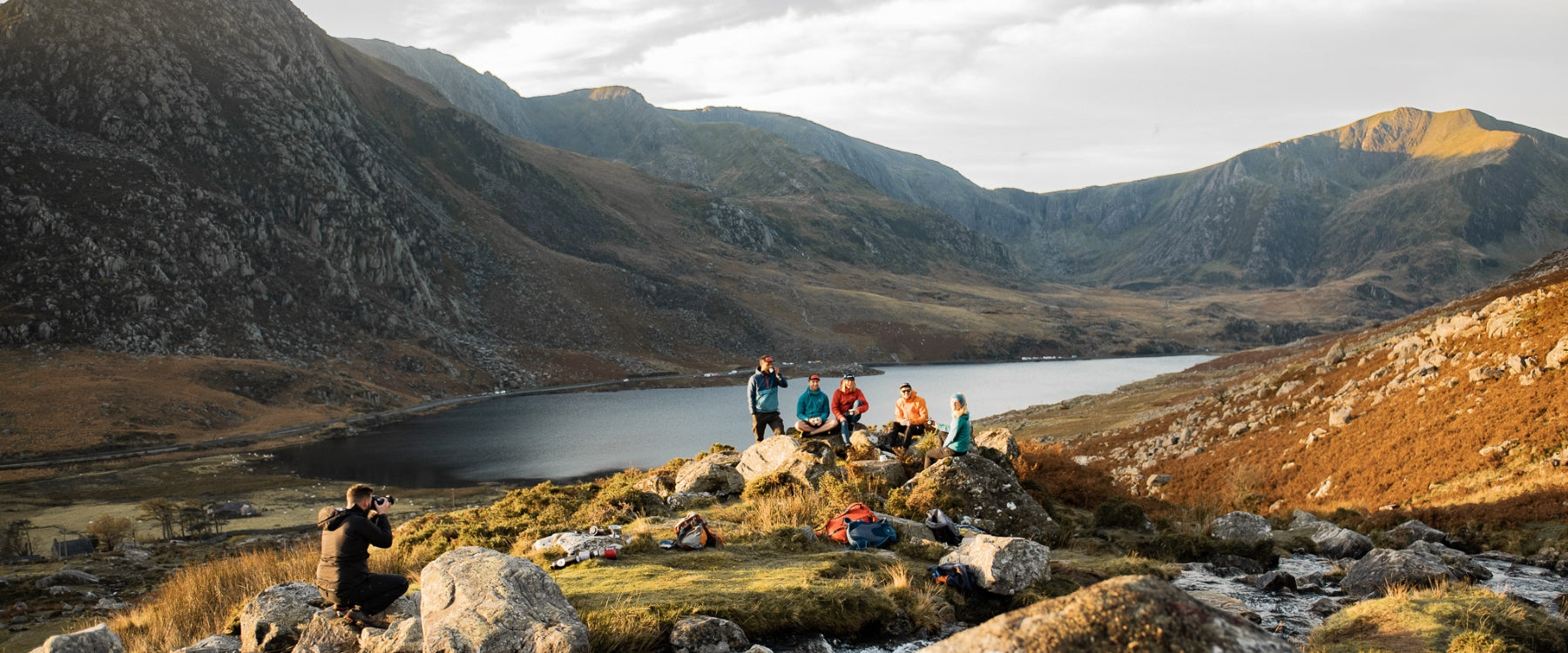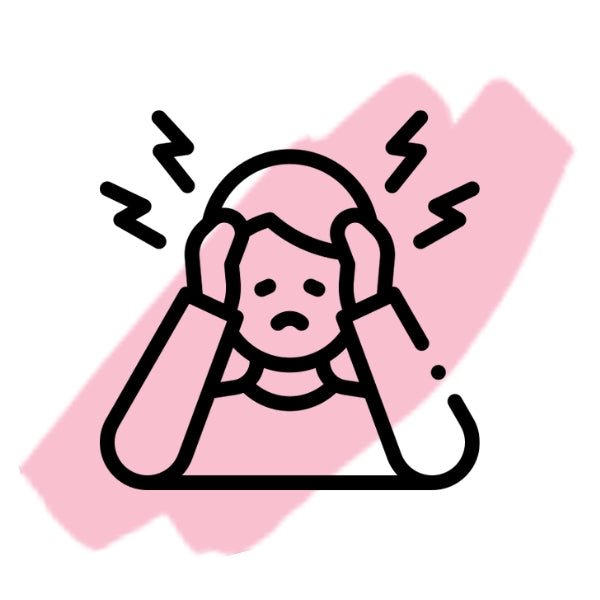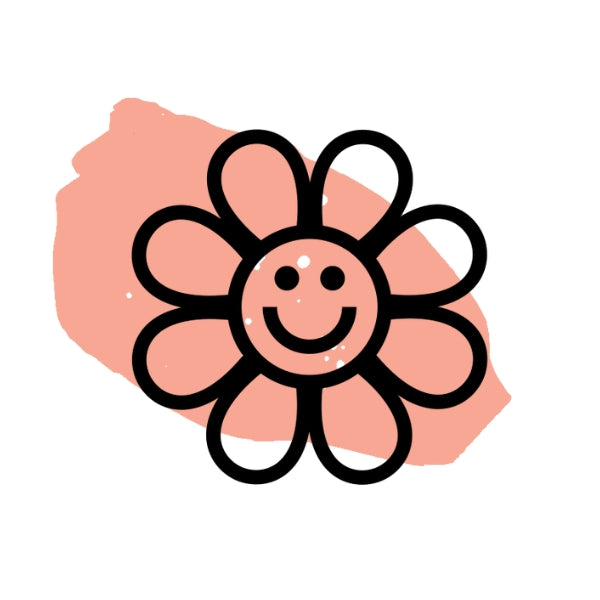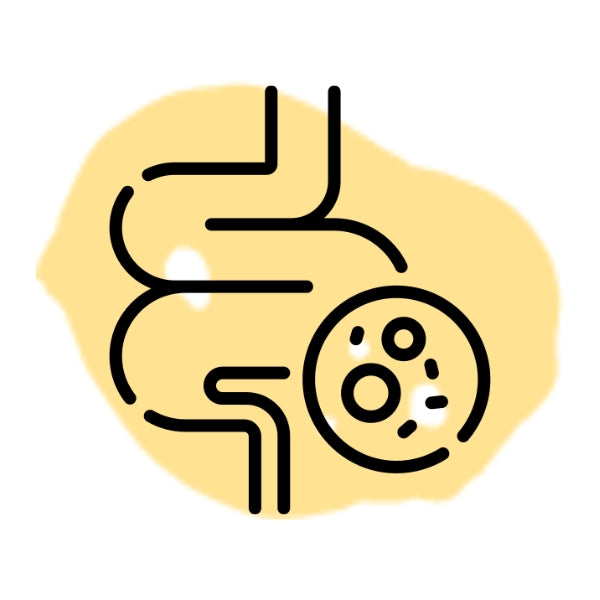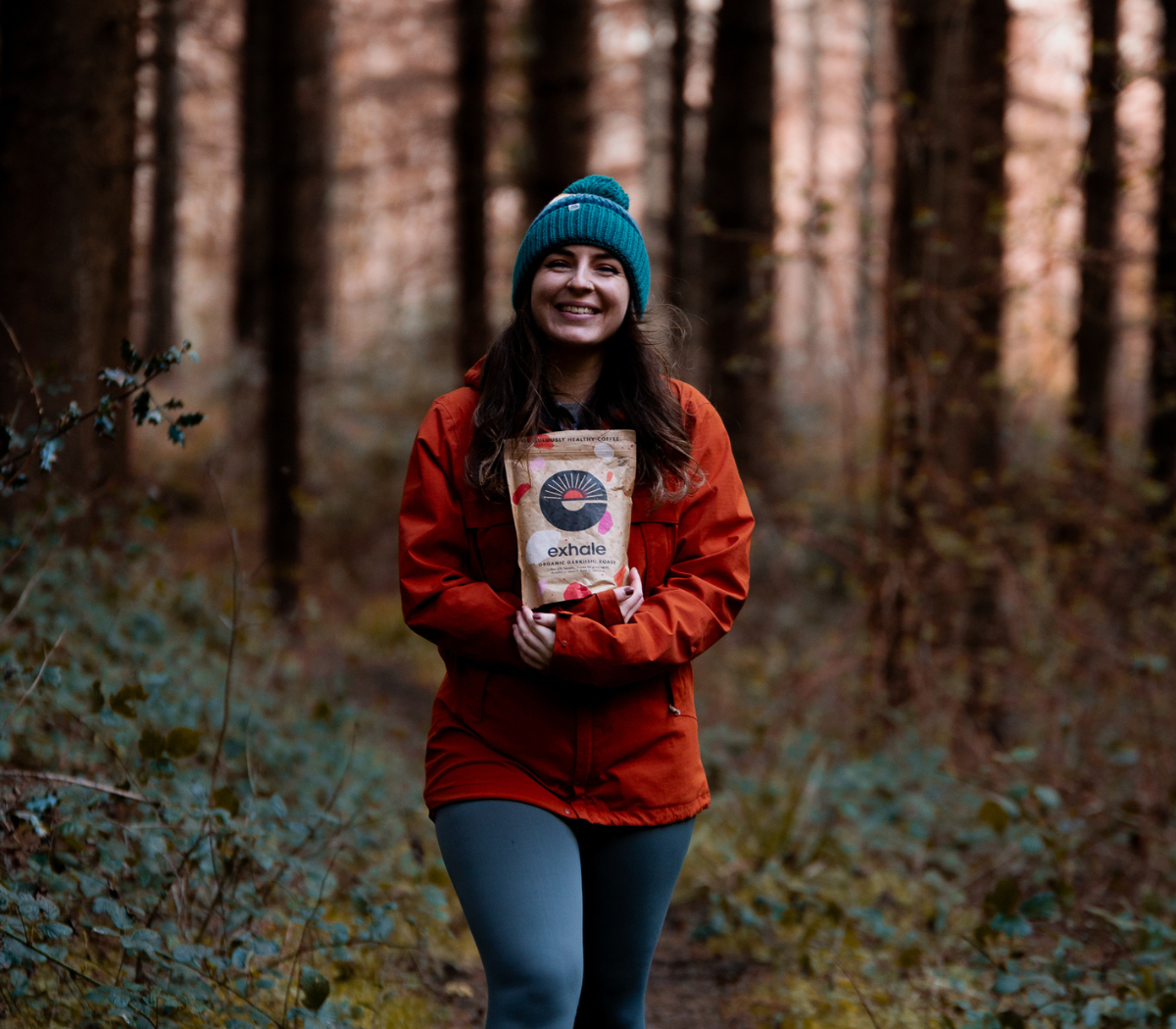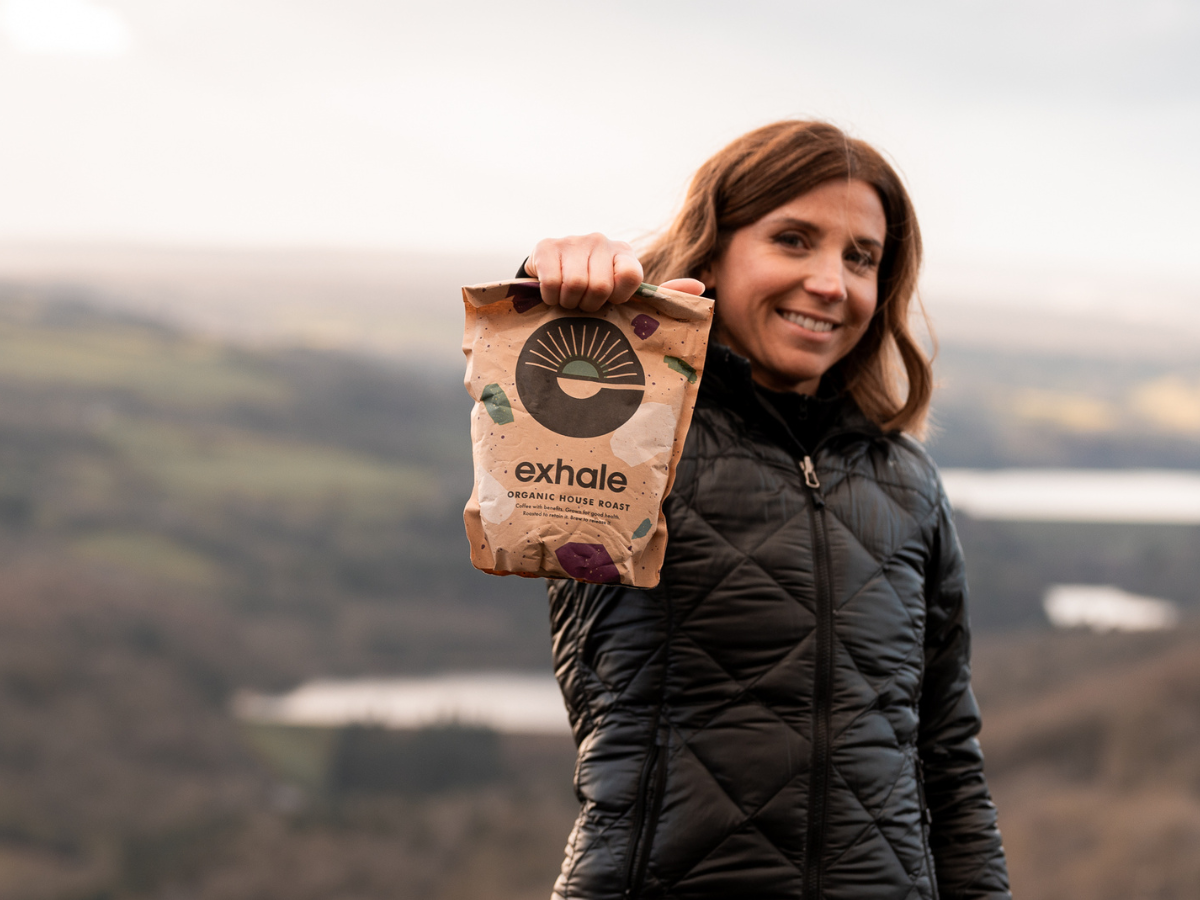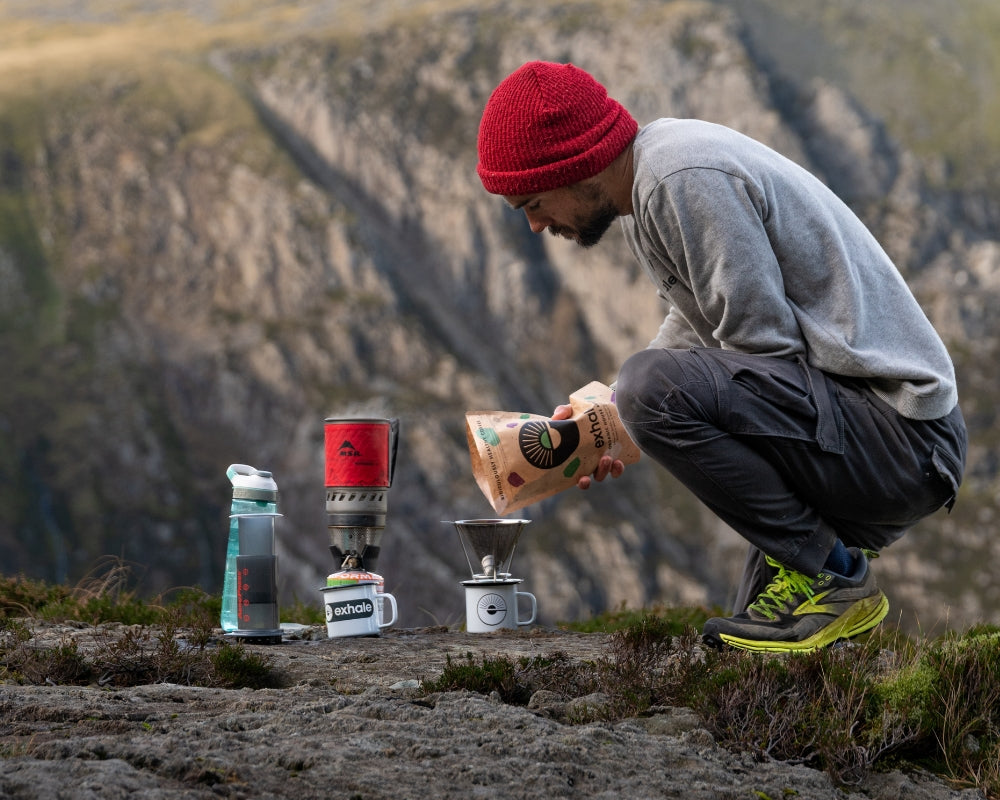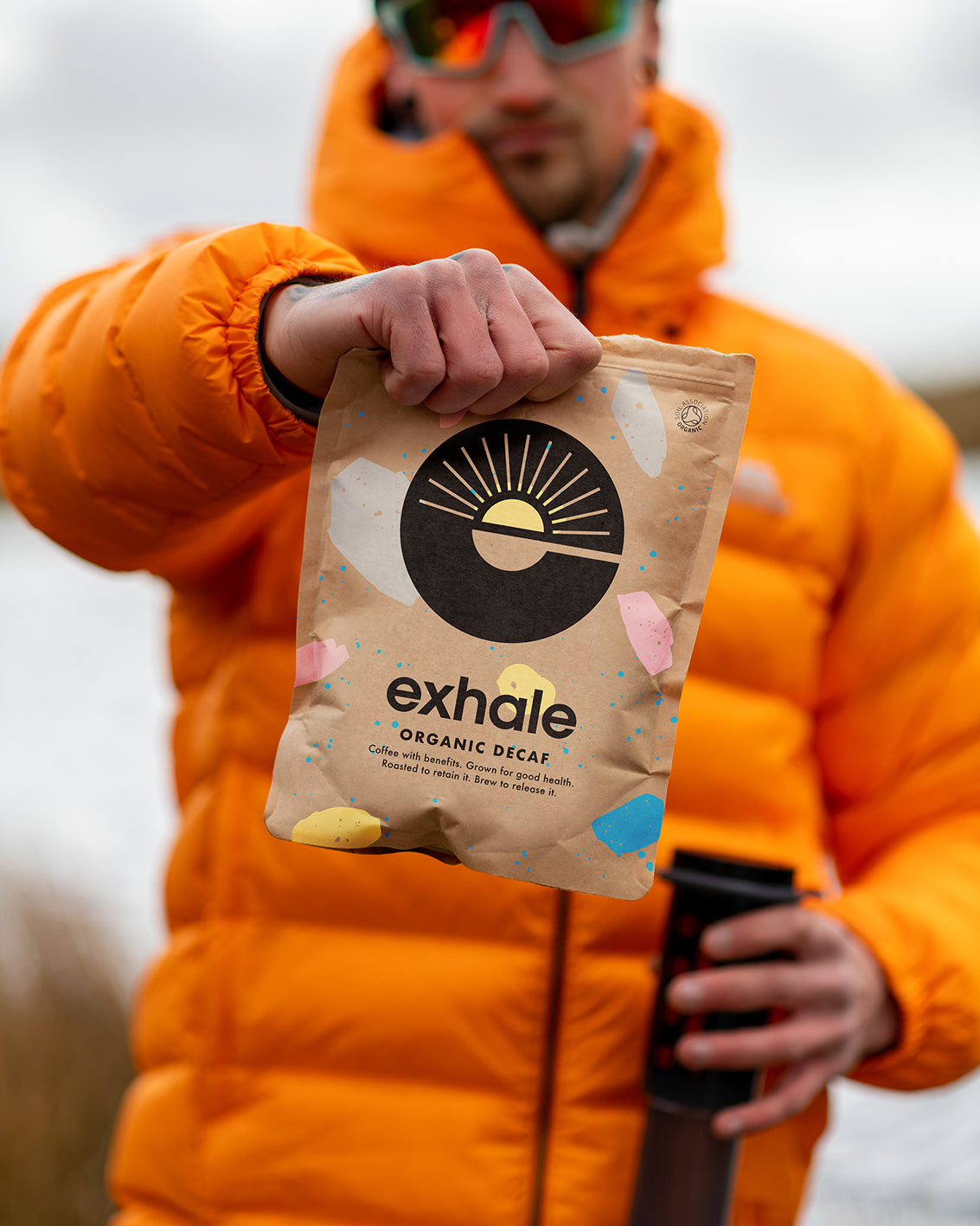Big Science
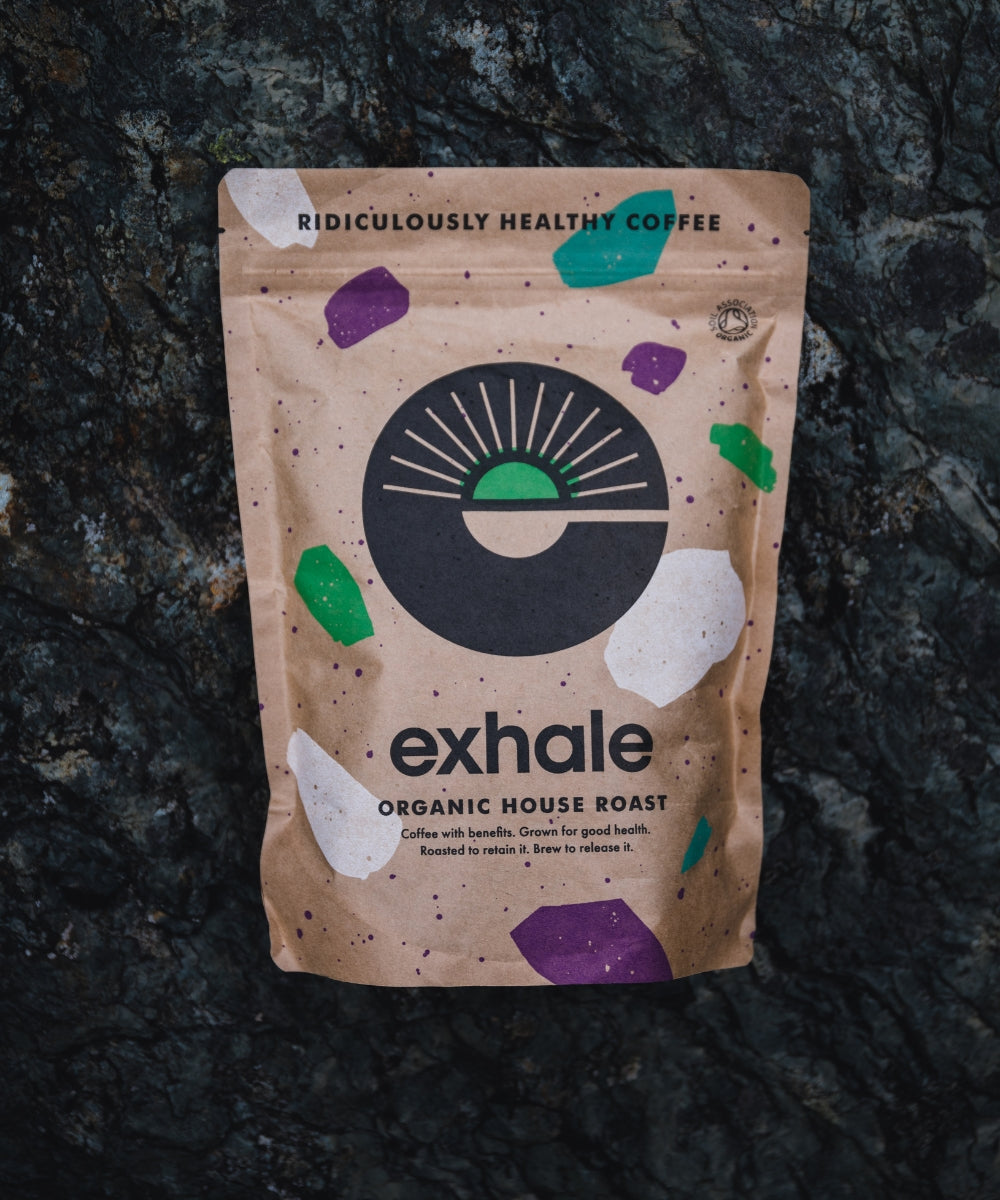
The Epidemiology
Coffee is one of the most popular drinks on earth, with around 95 million cups consumed every day in the UK alone. It should come as no surprise then that it's also one of the most studied, with 8,420 reports published in the last decade alone.
Most of these studies have been epidemiological or observational in nature, meaning they look for associations between drinking coffee and specific health outcomes. Some studies are huge, with over a million participants spanning multiple decades. The good news is that the overwhelming majority conclude that coffee is good for your health and associated with a reduced risk of contracting some of the world's worst diseases (1).
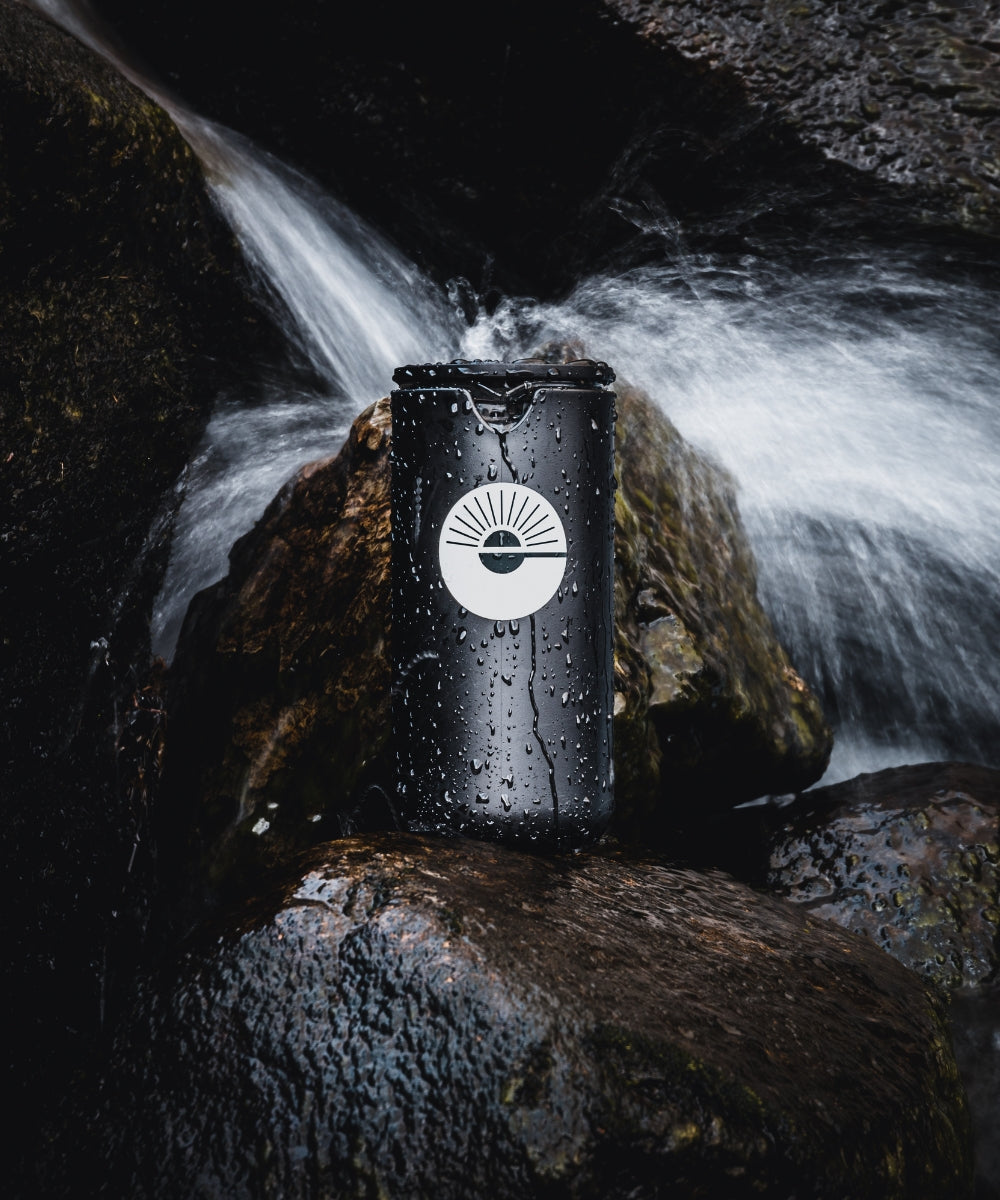
The Mechanisms
More recently, research has been undertaken examining the mechanisms behind the health benefits of coffee. Scientists have proven coffee drinkers have lower levels of Tumour Necrosis Factor - Alpha (2,3), lower levels of C-reactive protein (4), higher levels of adiponectin (5) and longer Telomeres (6,7).
They have found compounds in coffee that are 'potent' inhibitors of your Sirtuins (8) and others that 'significantly inhibit' DNA Methylation (9). Now, none of that may mean anything to you, but together with the epidemiological studies they present a convincing case to support our theory that coffee is the ultimate 'superfood'.
But what's so special about Exhale coffee?

More of the good stuff
Of the 1,000+ compounds found in coffee, polyphenols are most often cited as being the most beneficial. These special phytochemicals are present in many fruits and veggies and chlorogenic acid is the most abundant form found in coffee.
It has antioxidant, hepatoprotective, cardioprotective, anti-inflammatory, neuroprotective, antiviral and antibacterial effects (10) to name a few!
However, its levels vary immensely from product to product(11). We're the only company in the world to source and roast coffee to both maximise the levels of polyphenols and measure their antioxidant power using independent laboratories across the UK and Europe.
Read more about how in the 'Our Process' page.
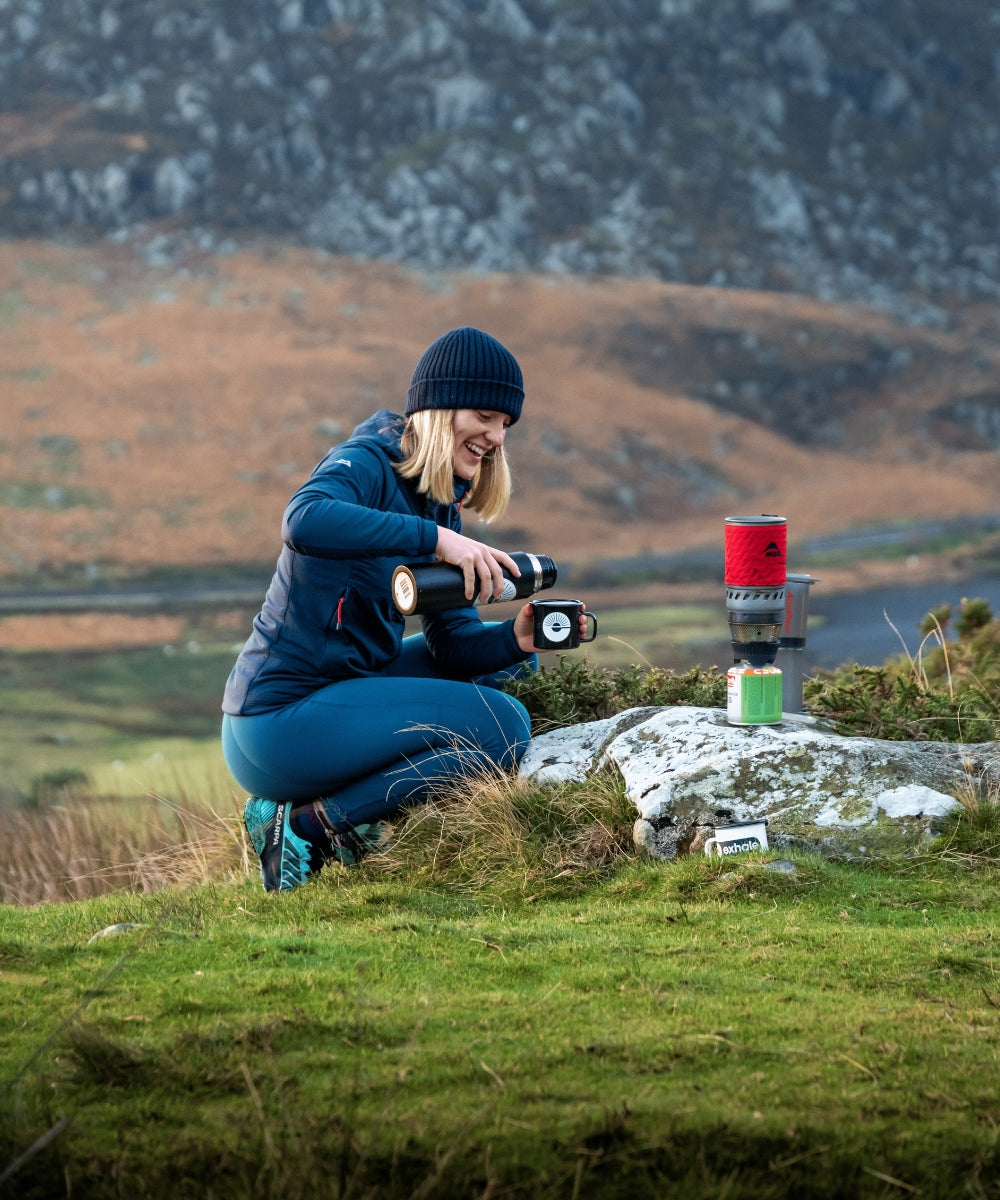
...and less of the bad
Over and above this we aim to offer a more complete package of health by only buying organically farmed coffee and then testing to make sure they're free from mycotoxins, pesticides, moulds, yeasts and heavy metals.
Read about how mycotoxins and moulds in coffee can affect your health and how to avoid them in our article 'The truth about mycotoxins'
While the government has set guidelines for the safe levels of these, we know some of our community already have a high body burden when it comes to environmental toxins and are seeking the 'cleanest' coffee possible so we want our coffee to be as pure as it is all natural.
9 different independent lab tests
We're continuously engaged with the latest science on nutrition, and as we grow we will expand our testing to include some of the other compounds found in coffee.
Bitesize Science



